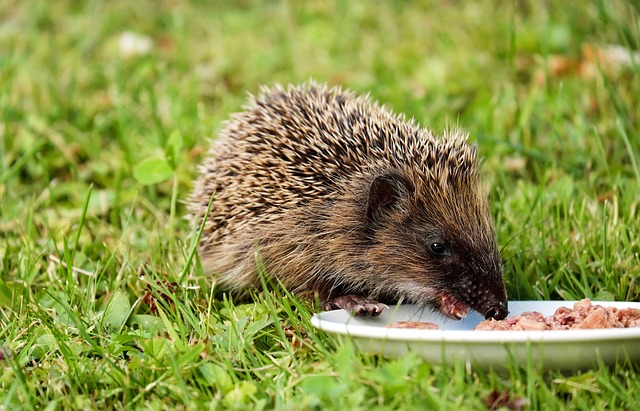The nutritional needs of small mammals, such as hamsters and guinea pigs, are often overlooked by pet owners. These tiny creatures require a specific diet that meets their unique nutritional requirements. In this article, we will delve into the world of small mammal nutrition and provide you with the essential information to ensure your furry friend stays healthy and happy.
Hamsters and guinea pigs have different nutritional needs due to their distinct life stages and dietary requirements. For instance, hamsters are carnivores and require a diet rich in protein, while guinea pigs are herbivores and need a balanced mix of fiber and nutrients.
A well-balanced diet for small mammals should include a variety of foods such as hay, pellets, fruits, vegetables, and occasional treats. Hay should make up the bulk of their diet, providing essential fiber and nutrients. Pellets can be used to supplement their diet with vitamins and minerals. Fresh fruits and vegetables should be provided daily to ensure they receive a range of essential vitamins and minerals.
Guinea pigs require a high-fiber diet due to their slow digestive system. A mix of timothy hay, grass hay, and other fiber-rich foods can help maintain their digestive health. Hamsters, on the other hand, require less fiber and more protein in their diet.
Foods that are toxic to small mammals should be avoided at all costs. Chocolate, grapes, raisins, and certain types of nuts are poisonous to hamsters and guinea pigs. Citrus fruits, such as oranges and lemons, can cause stomach upset if fed excessively.
Water quality is also essential for the health of your small mammal. Fresh water should be provided daily, and food dishes should be cleaned regularly to prevent bacterial growth. A water bottle or dish that is easy to clean is recommended.
Providing a varied diet will keep your small mammal entertained and stimulated. Rotate fresh foods daily to ensure they receive a range of nutrients and avoid boredom. Avoid overfeeding, as this can lead to obesity and other health problems.
A balanced diet for your small mammal should also include occasional treats such as sunflower seeds or pumpkin. These treats can be given in moderation and provide essential nutrients and fiber.
Feeding your small mammal at the right time is also crucial. Hamsters are crepuscular, meaning they are most active at dawn and dusk, so feed them during these times for optimal energy levels. Guinea pigs are diurnal, so feed them twice a day.
In conclusion, providing the right nutrition for your hamster or guinea pig requires careful consideration of their unique dietary needs. A balanced diet that includes hay, pellets, fruits, vegetables, and occasional treats will keep your furry friend happy and healthy. Remember to avoid toxic foods, provide fresh water, and rotate your small mammal’s diet regularly to ensure they receive all the essential nutrients.
By following these simple steps and providing a well-balanced diet, you can help keep your small mammal healthy and happy for years to come.
Hamster Nutrition
Guinea Pig Diet
Small Mammal Care
Nutrition Tips
Pet Nutrition

